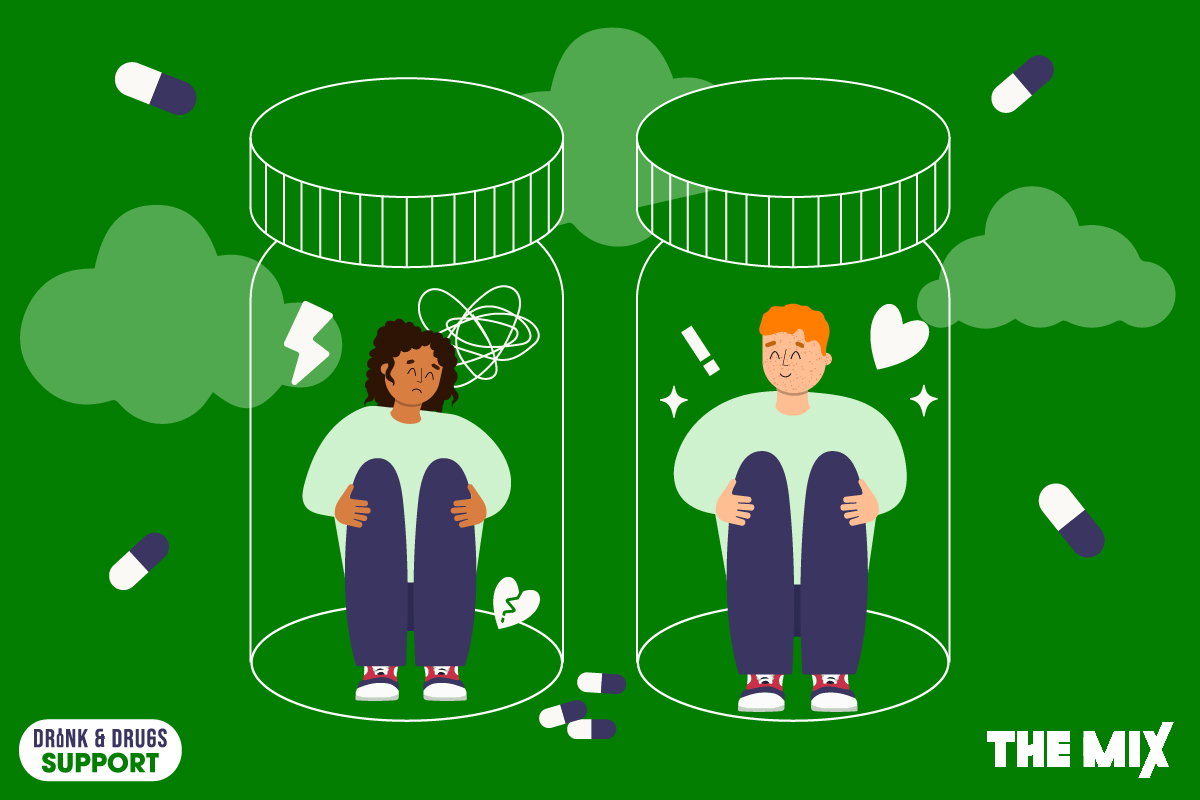Getting support for your mental health
We’ve got the facts on everything from the different types of therapy available to the names of common antidepressants and what a mental health relapse means for your recovery.
How to talk about your mental health
Whenever you start to feel your mental health slipping, the best thing you can do is talk to someone. The sooner you do it, the less likely you are to feel worse. Learning how to talk about your mental health is the first step towards recovery.
Getting therapy
If you’ve never tried any form of therapy before, the idea might seem intimidating, but in fact it’s a very straightforward non-judgemental process with different options to suit different people and personalities. Therapy is one of the most effective mental health treatments.
Types of therapy
One of the most popular types of therapy available is CBT or cognitive behavioural therapy. Even if your mental health is good, CBT can still offer amazing benefits like helping you understand why you feel the way you feel and what triggers you. Mindfulness is another common and accessible mental health treatment that offers similar benefits. Counselling is another way to speak to a professional about how you feel and can be particularly helpful in combination with other talking therapies or mental health treatments. The Mix also offers counselling services for young people.
Antidepressants
If you’re struggling with clinical depression you might be curious about antidepressants. Some people find they’re a huge help in recovering, but it can take a while for antidepressants to work and it’s important to be careful not to stop taking antidepressants without medical supervision as they can have side effects. If you’re finding it difficult or too scary to talk to your doctor about treatment for depression, remember that you can always talk to The Mix first.
Learn about being sectioned and sectioning
Having someone sectioned is a last resort for cases where someone’s mental health is so low that the situation is becoming dangerous. Read up on how to get someone sectioned if you’re concerned for someone else’s mental health.
You are not alone
Whatever you’re going through, you’re by no means alone. We’re here for you seven days a week. If you’re in crisis you can text us 24 hours a day. You won’t be asked to talk about anything you’re not comfortable with and you don’t even have to give us your name.
What does getting sectioned mean?
Jonny Benjamin was 20 when he was sectioned after having a breakdown. He talks to Dr. Ranj Singh about what actually happens when you’re detained under a ‘section’ of the Mental Health Act.










